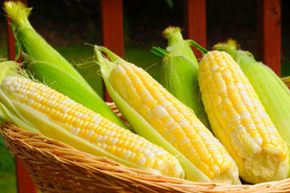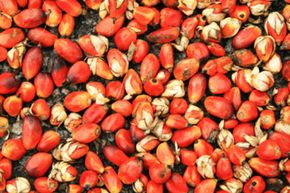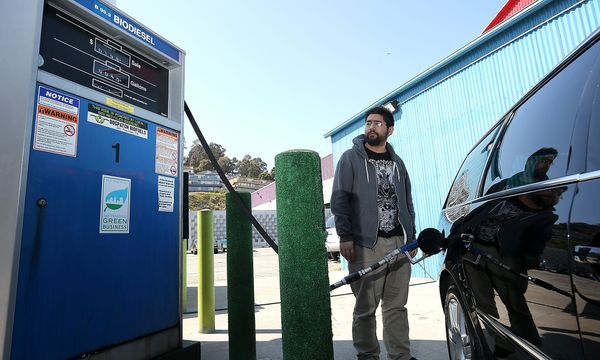From some perspectives, biofuels seem like a win-win situation. They can be domestically produced, function in existing gasoline and diesel engines and emit much cleaner emissions than fossil fuels. It appears to be a match made in heaven for the combined goals of energy security and environmental protection.
But there is another security measure that many analysts watch with concern when it comes to biofuels: food security. Simply put, food security is a region's or nation's ability to provide basic nutrition for its residents [source: Naylor]. Since many popular biofuel crops are also commonly used as staple foods, critics of biofuel mass production warn that a spike in crop demand for biofuel could overload agricultural capacity, leaving parts of the world hungry while others send a useable food source out the tailpipe.
Advertisement
But is this a verifiable threat? Is the move toward cleaner, plant-based fuel actually a step back in terms of the world's ability to fight hunger? The answer isn't as simple as one or the other; it's a complex issue whose resolution depends in large part on how our habits evolve in the future.


